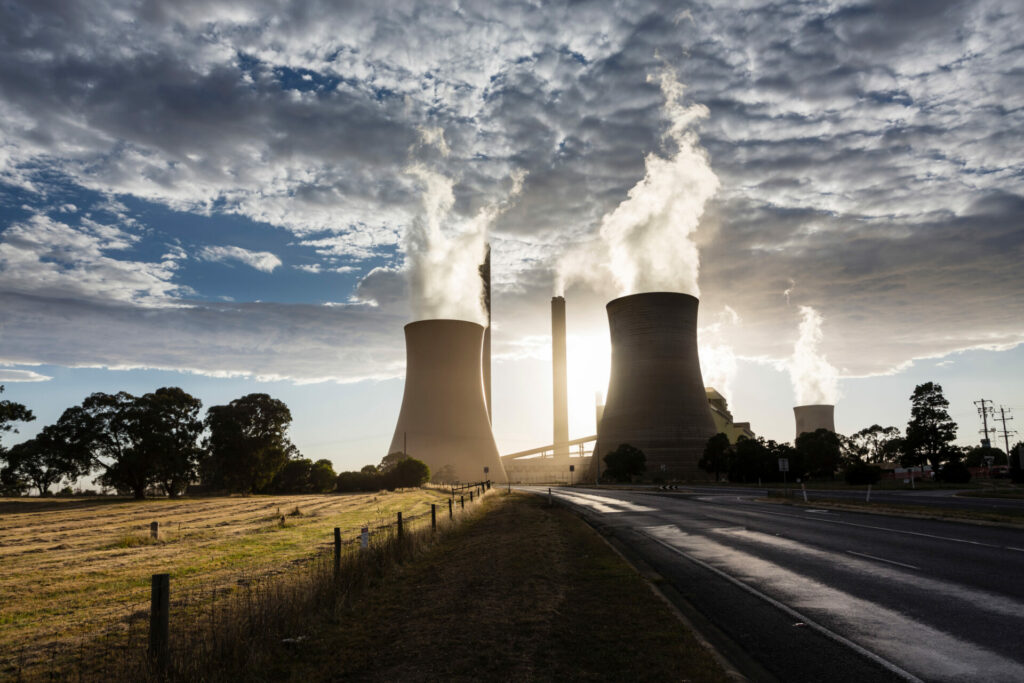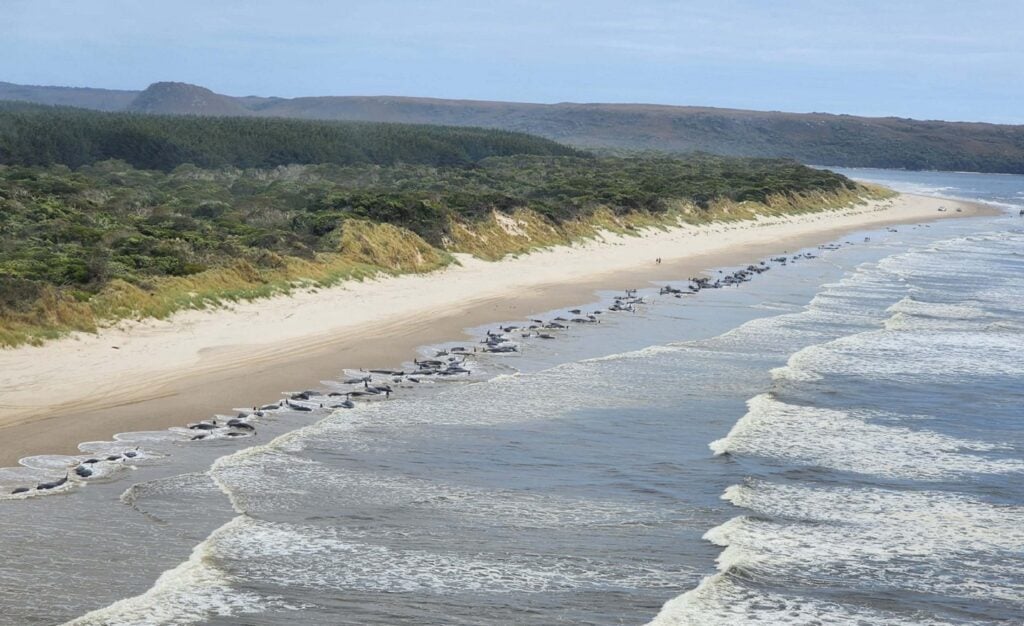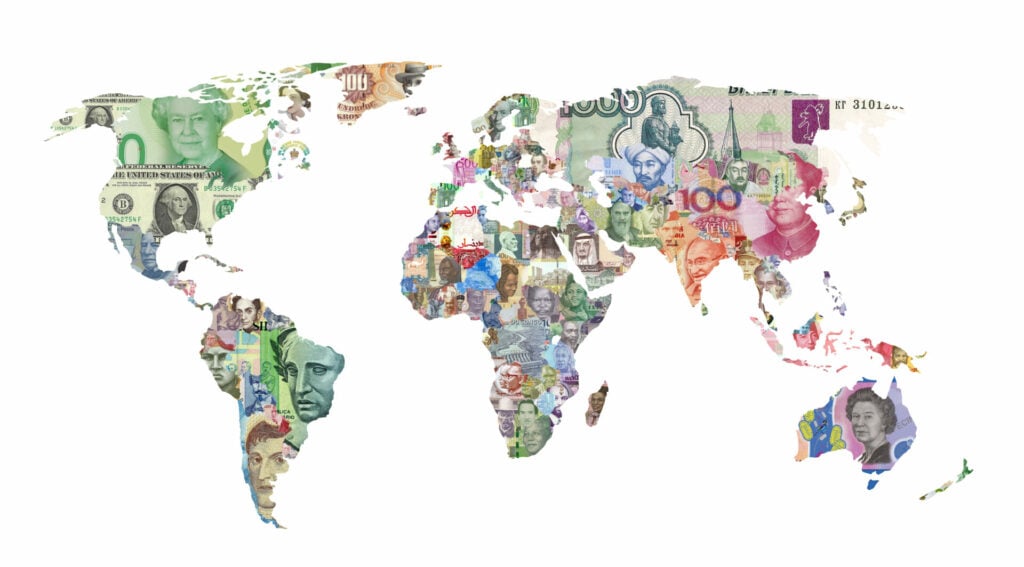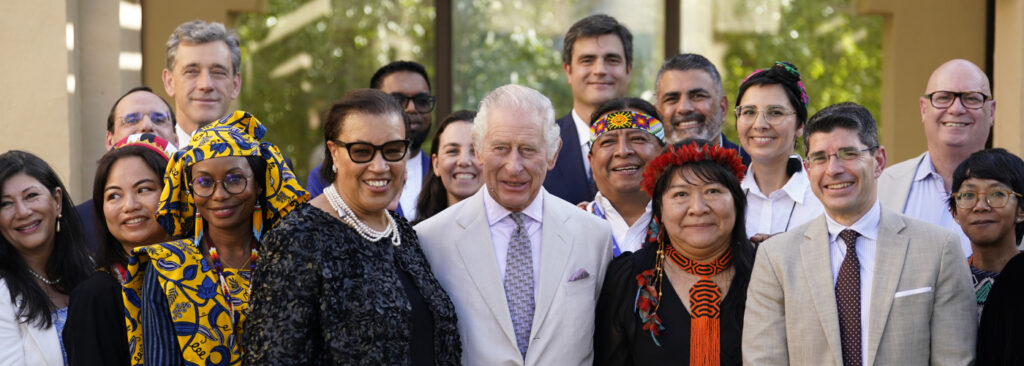Exhausted, but relieved after crossing into Romania from war-torn Ukraine, Elena Moskvitina ushered her young son and daughter into temporary accommodation where they could finally eat, wash and sleep.
She still needed to organise somewhere permanent to stay and almost broke down as she told volunteers at a nearby refugee centre about the hell she and her family had been through in her home country.
‘Where are you staying?’ they asked her, promising to help. But when they turned up at her new home later that day, they told her they were taking her and the children to Switzerland in a van full of other women.
The men looked at her in a sleazy way. Her daughter was petrified. Elena was ordered to fetch her son from another room. ‘They looked him up and down,’ she said. They became angry when the worried mother asked to see their ID cards, but, to get them away from her children, Elena promised to get their things together and meet them by the van.
Trafficking rings prey on women and children fleeing Ukraine and the war with Russia
‘As soon as they left, I grabbed the children and ran,’ she said. The men were, in fact, fake volunteers. They were targeting Elena – and other vulnerable women travelling alone or with their small children – to traffick.
Elena is now safely in Denmark with her children, but others might not be so lucky as trafficking rings prey on women and children fleeing Ukraine and the war with Russia.
According to the United Nations High Commissioner for Refugees around 6.5 million people have been displaced inside the war-torn country while over four million have left for neighbouring countries such as Poland, Romania, Slovakia, Hungary, and Moldova. Around 350,000 have also fled to Russia.
Most cross-border refugees – 2.3m – headed to Poland, where transit camps around border crossings, towns and rail stations are now struggling to cope with the number of people fleeing the conflict.
Displaced and disoriented, often with no idea where to go next, these refugees are forced to trust strangers, thousands of whom have arrived to offer food, shelter, and free rides to other destination countries. The recipients of this generosity are inevitably Ukrainian women and children who have left the country alone, as men between 18-60 are obliged to stay and fight by the Ukrainian government.
‘For predators and human traffickers, the war in Ukraine is not a tragedy. It’s an opportunity – and women and children are the targets.’
UN Secretary General Antonio Guterres
And while the bombs and bullets may be behind them, these vulnerable women and children are now at risk of another menace because, among the good Samaritans and NGOs, traffickers are also at work.
‘For predators and human traffickers, the war in Ukraine is not a tragedy,’ UN Secretary General António Guterres warned on Twitter. ‘It’s an opportunity – and women and children are the targets.’
It is feared the urgency and chaos that marked the first weeks of the exodus has already meant that children have disappeared, their current whereabouts unknown.

The more time that elapses, the more traffickers are predicted to organise their networks. Using its experiences working with similar communities on the move from the Middle East and Afghanistan, NGO STOP THE TRAFFIK predicts that it typically takes criminal networks between two to three months to establish the infrastructure required to exploit such situations.
‘As refugee communities become increasingly desperate to seek work and look after their families, they will likely be vulnerable to labour exploitation, sex trafficking and even organ trafficking,’ it’s recent report states.
The Polish authorities turned a former supermarket in the southern border town of Przemysl, Poland, into a refugee centre where people stay temporarily before moving elsewhere in Poland or to other European countries.
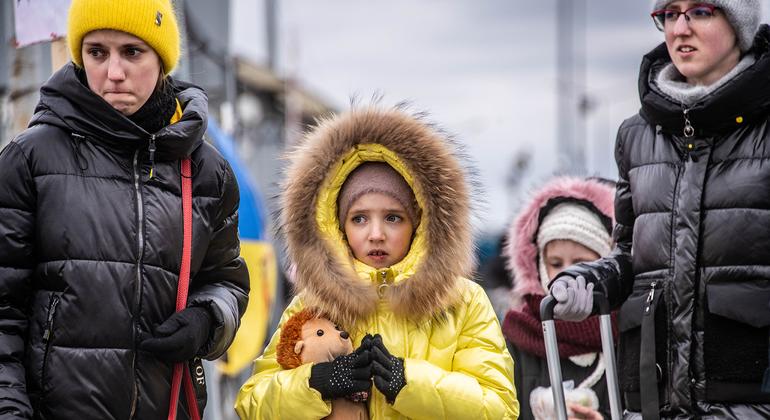
Anyone can register to offer a ride to refugees: a QR code redirects to an application page where the driver must submit personal details, including passport number, details of the ride, and whether the driver also plans to offer accommodation.
Organisations, religious groups, and individuals offer to take refugees to their new lives. Messages warn refugees to avoid taking rides from unregistered drivers. Police check that every vehicle exiting the former Tesco’s parking lot is registered. But in practice, anyone can walk in and out of the government-run refugee centre’s compound.
‘Anyone can turn up at this station. The first day I volunteered, we saw three men from Italy. They were looking for beautiful women to sell into the sex trade.’
The police department in Przemysl is on high alert and plain clothes cops check people showing up at the border crossing with cardboard signs offering lifts.
Several women refugees have spoken chillingly about being approached by men who have tried to lure them away. Margherita Husmanov fled Kyiv to Poland and stayed at the border to help fellow refugees
‘Anyone can turn up at this station,’ she says. ‘The first day I volunteered, we saw three men from Italy. They were looking for beautiful women to sell into the sex trade. I called the police and it turned out I was right. It wasn’t paranoia. It’s horrible.’
Ukrainian Missing Children
Her story has been corroborated by Homo Faber, a human rights organisation based in the Polish city of Lublin.
‘We’ve registered the first cases of [suspected] pimps preying on Ukrainian women near refugee shelter points in Lublin; accosting them, sometimes aggressively, under the guise of offering transport, work or accommodation,’ Karolina Wierzbińska, a coordinator, told The Guardian.
‘These are not only men,’ she said. ‘There are also women attempting to procure female refugees at bus stations.’
She said teams of people had been working together to try to lure women into unidentified cars and multiple couples had also attempted to prey on women.
Meanwhile UNICEF has warned of the danger to children fleeing the war, of which there are more than 1.5 million. According to a recent analysis conducted by UNICEF and the Inter-Agency Coordination Group against Trafficking (ICAT), 28 per cent of identified victims of trafficking globally are children.
In the context of Ukraine, UNICEF child protection experts believe that children would likely account for an even higher proportion of potential trafficking victims given that children and women represent nearly all the refugees who have fled the country so far.
‘The war in Ukraine is leading to massive displacement and refugee flows – conditions that could lead to a significant spike in human trafficking and an acute child protection crisis,’ said Afshan Khan, UNICEF’s Regional Director for Europe and Central Asia. ‘Displaced children are extremely vulnerable to being separated from their families, exploited, and trafficked. They need governments in the region to step up and put measures in place to keep them safe.’
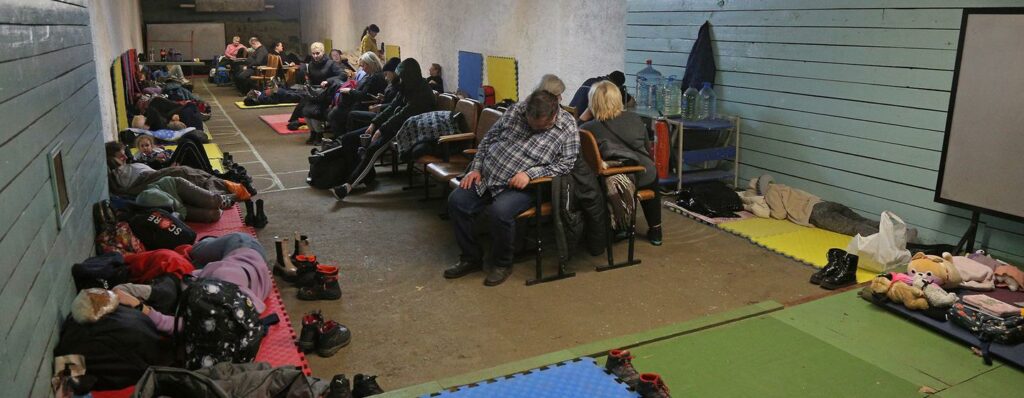
More than 500 unaccompanied children were identified crossing from Ukraine into Romania from 24 February to 17 March, 2022. The true number of separated children who have fled Ukraine to neighbouring countries is likely much higher.
‘Children fleeing the war in Ukraine need to be screened for their vulnerability as they cross into a neighbouring country,’ said Khan. ‘Every effort should be made to strengthen screening processes at refugee border crossings.’
Patchy registration processes in Poland and other border regions – especially at the start of the war – meant children disappeared, and so far, despite their efforts, no one has been able to trace them.
As reports of these problems increased, in March at Medyka, Poland’s busiest crossing with Ukraine, a group of French Foreign Legion veterans arrived as a vigilante force to protect refugees from trafficking.
But the danger doesn’t stop once refugees get away from transit centres and arrive in their destination countries. Trafficking is an international business and refugees are particularly vulnerable to exploitation in the countries they flee to.
Poland, for example is historically identified as having an increased risk of labour trafficking among Ukrainians while in Romania there is a high risk of child labour since, historically, nearly 50 per cent of trafficking victims are children.
Tinder for Traffickers
Refugees desperate to find a safe place to stay in the UK are ‘advertising’ themselves on social media pages. Unregulated Facebook groups allow women to publish photos of themselves asking for accommodation and offering to cook and clean in the hope they might be ‘matched’ with a sponsor under the British government’s Homes for Ukraine scheme.
One post read: ‘I am a 20-year-old student. Calm and shy. I can help with the household chores, cook and go to the market,’ while another is posted by a 16-year-old girl asking for a home for her and her mother.
Experts have described the initiative as ‘Tinder for traffickers’ as it allows would-be hosts to match with refugees.
A letter sent to British communities’ secretary Michael Gove, and signed by 16 refugee and anti-trafficking organisations, warned that the scheme is potentially dangerous for refugees. Signatories, which include Refugee Action, Refugee Council and the Helen Bamber Foundation, said traffickers had already made apparent attempts to target Ukrainian women and children, as had slum landlords.
But trafficking can happen anywhere. One Ukrainian refugee went to live in Düsseldorf, Germany after a man offered her a room. Once there, he confiscated her ID papers and demanded she clean his house for free. He then started to make sexual advances. When she refused, he kicked her out on the street.
To protect and support children and families, UNICEF and UNHCR in partnership with governments and civil society organizations, are setting up ‘Blue Dots,’ one-stop safe spaces for children and women. ‘Blue Dots’ provide key information to refugees, help to identify unaccompanied and separated children, and ensure their protection, and provide a hub for essential services.
UNICEF is also urging governments in neighbouring and destination countries to strengthen child protection screenings at border crossings.
Women Take The Wheel
Elżbieta Jarmulska, a Polish entrepreneur, has literally taken matters into her own hands, She is the founder of the Women Take The Wheel Initiative which she says provides Ukrainian refugees with a ‘bubble of safety’.
‘Those women have been through so much already, walking or driving their way through a war zone and then they are exposed to fear and exploitation here? I have no words for what that must be like,’ she told the BBC.
By now, she has recruited more than 650 Polish women to drive backwards and forwards as often as they can to the Polish-Ukrainian border, in order to offer refugees safe passage.
For now, it is a start in the war against traffickers who facilitate what amounts to a modern-day slave trade that preys on the vulnerable. The war in Ukraine is a tragedy, the consequences for the victims of traffickers are devastating.



